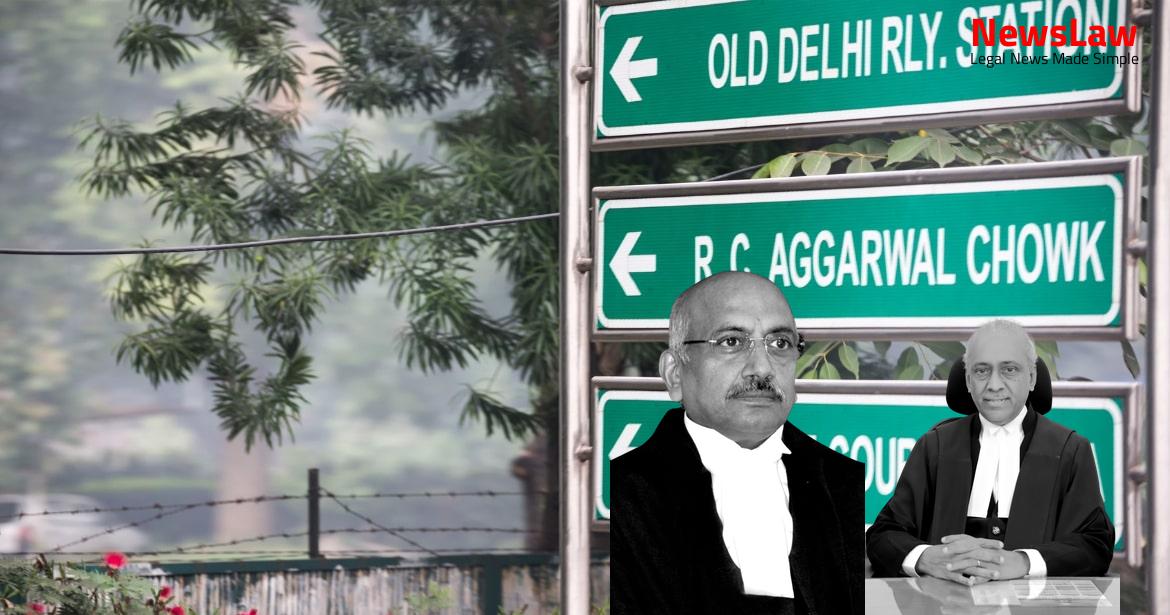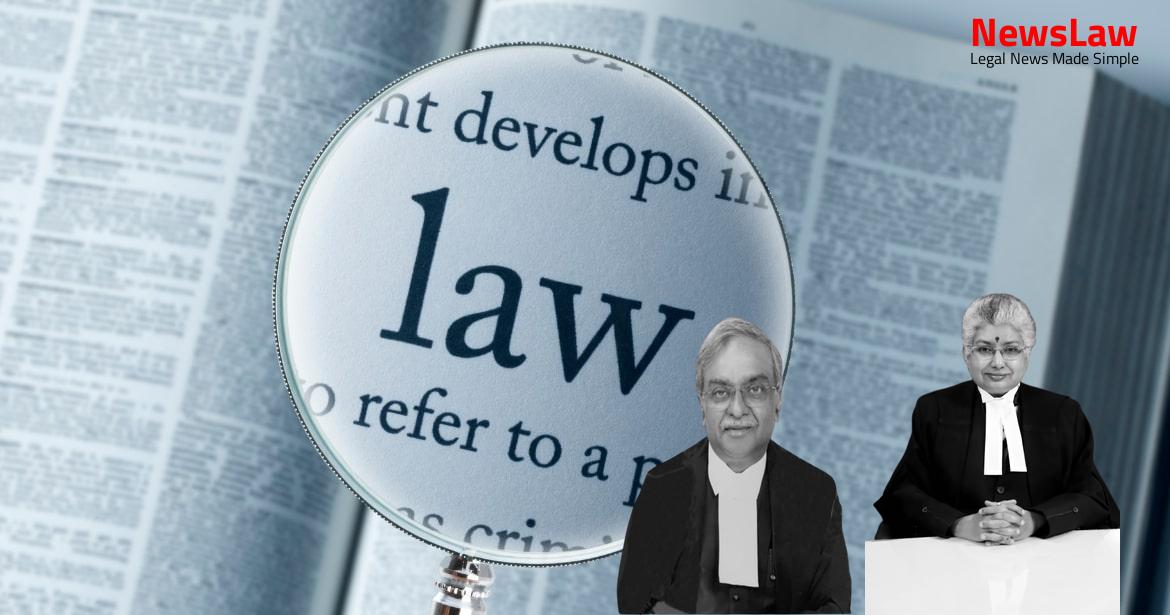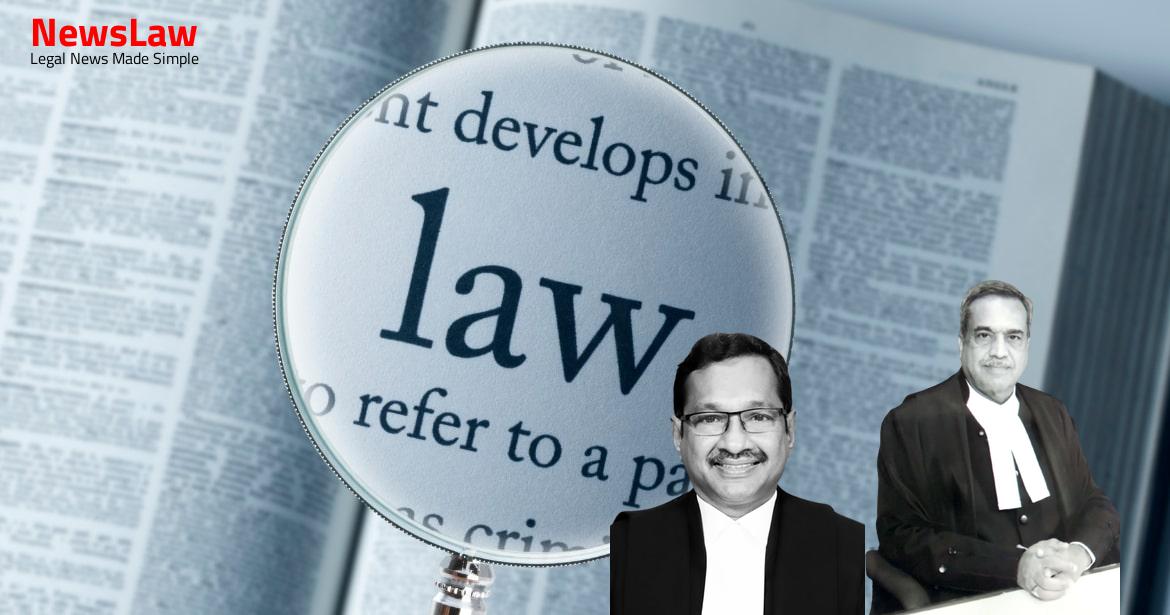Explore the intricate legal analysis conducted by the High Court in a recent case concerning appointment and cancellation powers. The court’s detailed examination of the legal provisions surrounding appointments to the Waqf Board provides valuable insights into the application of law in such matters. Stay tuned to unravel the complexities of appointment processes and the doctrine of pleasure in this enlightening legal case.
Facts
- The appointment of the first respondent as a Member of the Maharashtra State Board of Waqfs was initially cancelled.
- The cancellation was challenged by the first respondent in a writ petition before the High Court of Judicature at Bombay.
- The High Court deemed the cancellation as arbitrary and set it aside.
- This decision of the High Court led to the State of Maharashtra filing an appeal.
Also Read: Undisclosed Conviction for Dharna Under Police Act Leads to Overturned Election
Arguments
- The power to appoint inherently includes the power to cancel an appointment.
- The contention that the procedure for removal was not followed under Section 20 of the Act was raised.
Also Read: Critical Analysis of Legal Principles in a High-Profile Criminal Case
Analysis
- High Court correctly held that the post of Member of the Waqf Board cannot be equated to that of a Member of the Tribunal.
- Rule 15 of the Rules of Business of the Maharashtra Government cited by the State Government does not apply to the appointment of a Member of the State Waqf Board.
- The appointment of a Member of the Board can be through election or nomination by the State Government under Section 14 of the Waqf Act.
- The first respondent was appointed as a Member through nomination by the State Government.
- Cancellation of the first respondent’s appointment was based on powers conferred by the Waqf Act, and not by the doctrine of pleasure.
- High Court set aside the cancellation of the appointment citing arbitrariness in the decision.
- Section 15 prescribes a term of office of five years for Board members appointed under Section 14(9).
- The High Court’s view that the term of office cannot be curtailed was not accepted.
- Nominated members have a slightly different position than elected members.
- The cancellation of appointment must have a factual basis to be considered arbitrary.
- It may not be possible for the State Government to breach the election process by curtailing the term of elected members.
- The cancellation of appointment was issued under the powers of Section 14(9) read with clause (c) of sub-section (1) of Section 14.
- The High Court’s order is unsustainable.
- The respondent was not removed from the office of membership of the Waqf Board.
- The appointment was cancelled by the notification challenged in the writ petition.
- Section 20 does not apply to the case.
Also Read: Interpretation of Stamp Duty Provisions
Decision
- The appeal has been allowed, overturning the impugned order of the High Court.
- The writ petition filed by the respondent before the High Court is dismissed.
Case Title: THE STATE OF MAHARASHTRA Vs. SHAIKH MAHEMUD (2022 INSC 395)
Case Number: C.A. No.-002784-002784 / 2022



